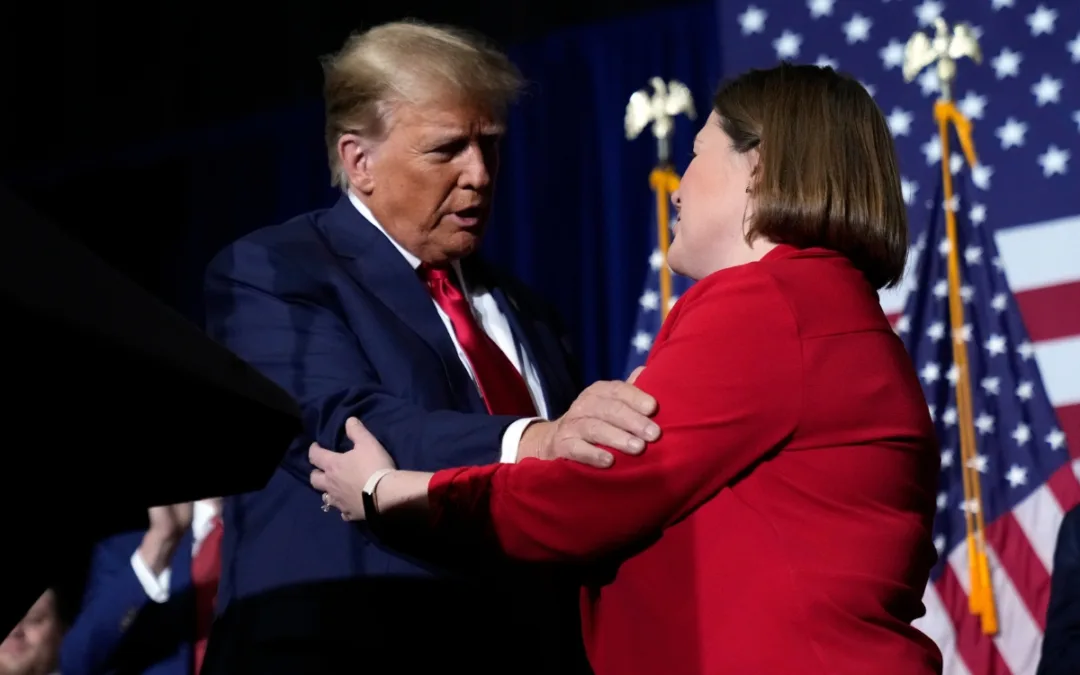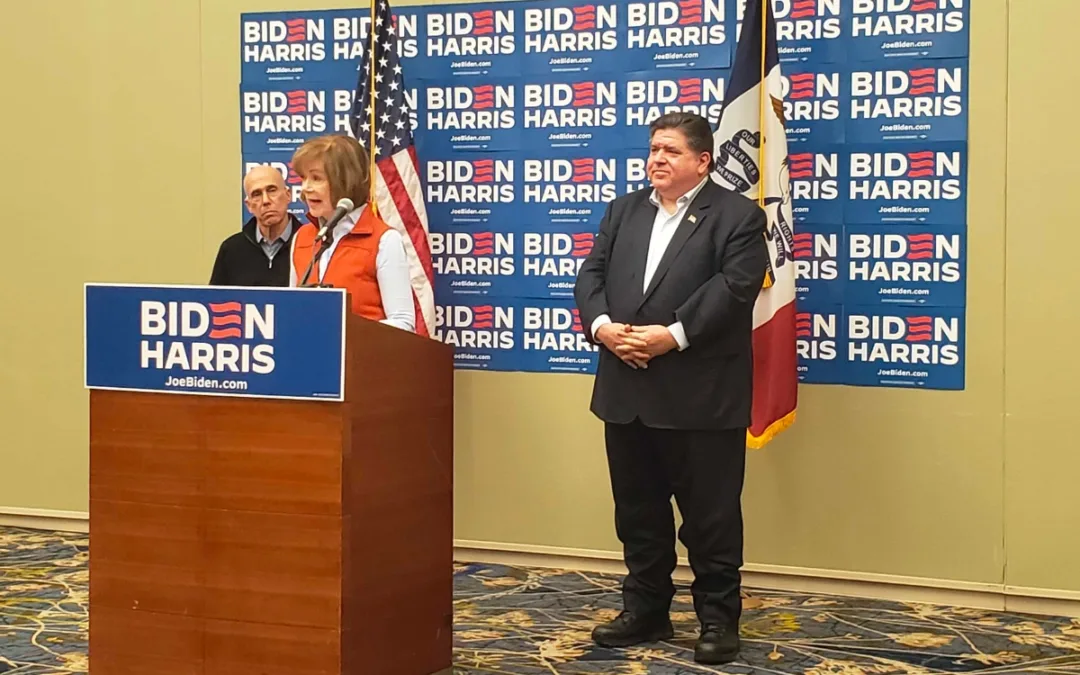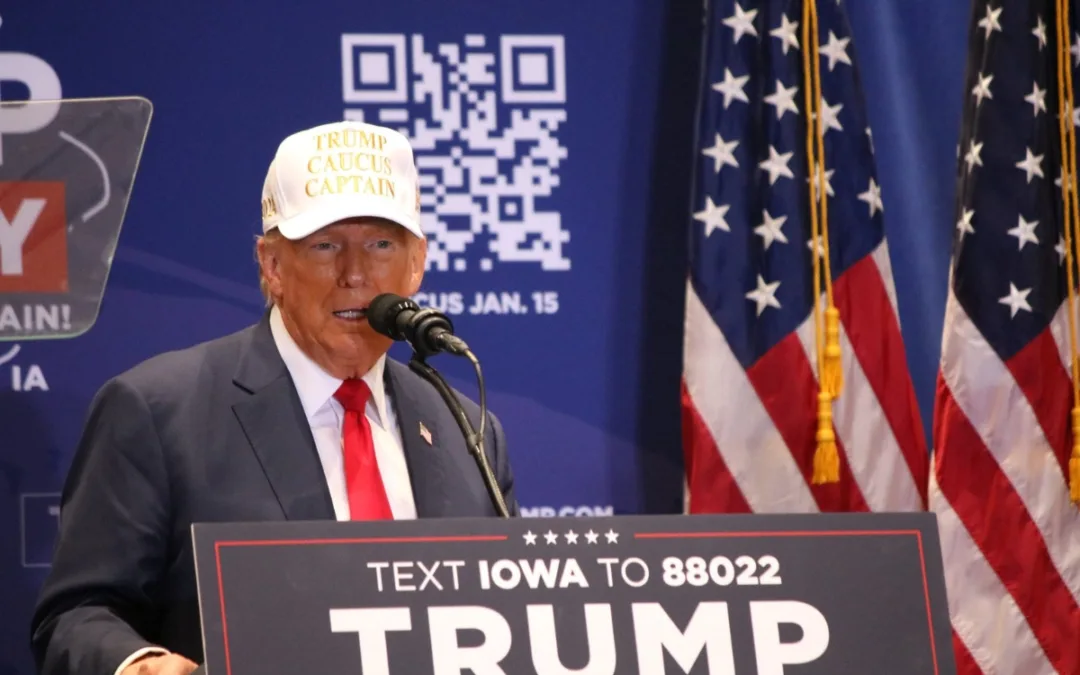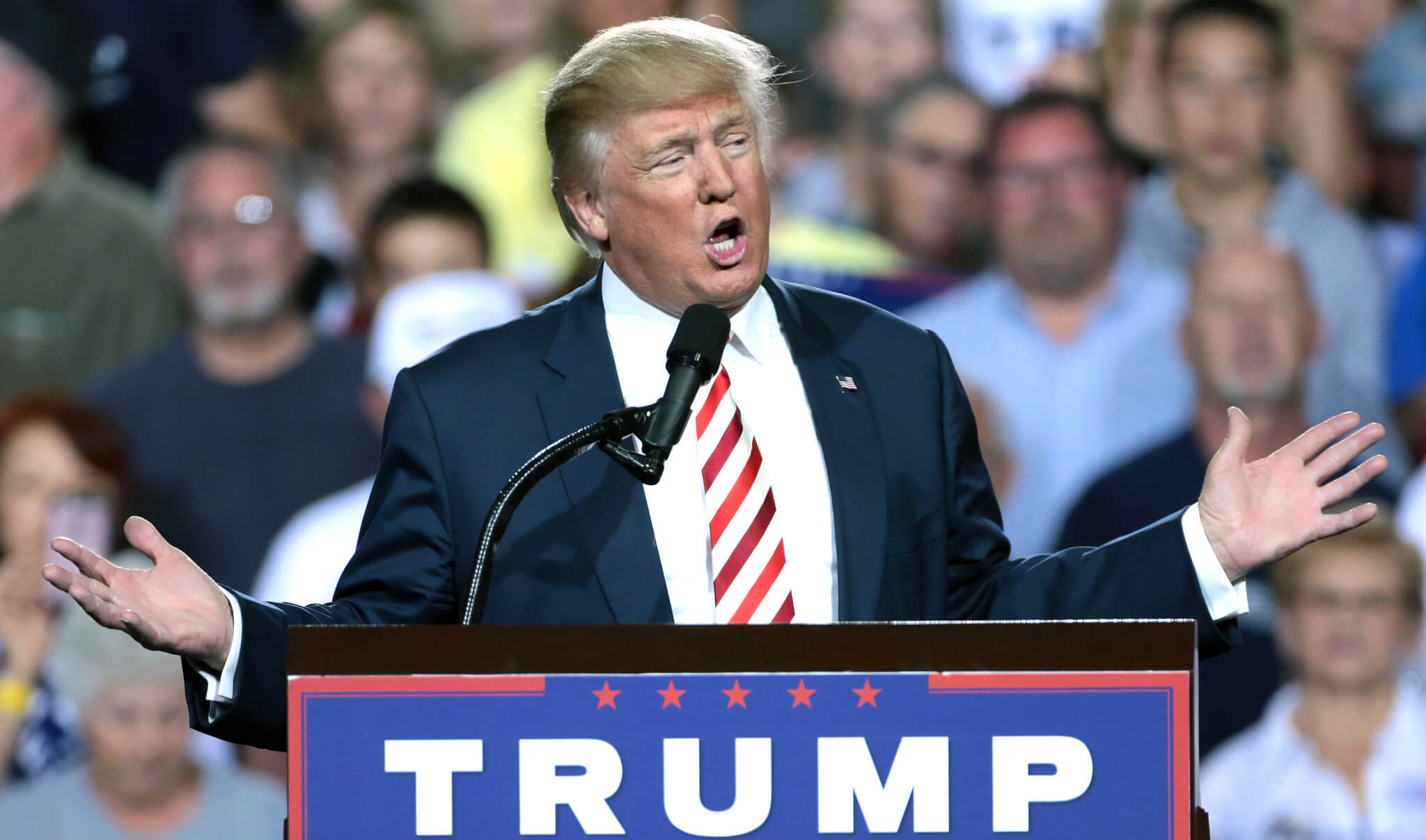
Photo by Gage Skidmore
A year of hearing from the Democratic candidates who wish to replace Donald Trump in the White House has had an impact on Iowa voters, it seems. The recent Des Moines Register/CNN/Mediacom poll shows only 34% of registered Iowa voters would definitely vote to reelect Trump.
Another 44% is definitely set to vote for someone else, while 12% would consider a candidate other than Trump and 8% weren’t sure either way.
The poll of registered voters surveyed 3,131 people in Iowa from Jan. 2 to 8.
While the Register didn’t run head-to-head general election matchups among likely voters with Trump and a Democrat, the overall numbers here have to be concerning for Trump’s reelection prospects. The results also point to Iowa returning to its purple-state status after Trump’s nine-point victory here in 2016.
[inline-ad id=”4″]
The movement would make sense given the barrage of TV ads run by Democrats in Iowa lambasting the President.
Although the Democratic candidates are aiming their message to caucus-goers in their own party, voters of all backgrounds are seeing the TV spots and even many of the online ads. As you can see in Starting Line’s latest caucus TV ad round-up, some candidates’ messaging has been focused mostly just on their own qualifications and policies, but many have taken direct aim at Trump.
Several of Joe Biden’s TV ads could just as easily be used in the general election, including the one rather effective spot that highlights how foreign leaders have mocked Trump’s behavior.
Meanwhile, Elizabeth Warren has recently run TV ads specifically about corruption in the Trump Administration.
[inline-ad id=”5″]
The Register poll found that Trump’s standing among Republicans was even down some, with only 70% saying in this survey that they definitely would vote for Trump’s reelection, compared to 76% in a November poll.
Trump himself is planning to hold an Iowa rally in the days leading up the Iowa Caucus, taking a little bit of the spotlight away from Democrats just before the major event. Republicans are also holding their caucus as usual, which Trump is expectedly to handily win, though turnout will likely be rather low.
That, however, will give Trump just a single day to break through in local news after Democrats have run against his record and personality here for well over a year.
[inline-ad id=”0″]
More than that, the historically large field of Democratic candidates have built up huge organizations of new grassroots activists around the state. Eight campaigns have 50 or more staff on the ground, with five now numbering well over 100 each. Every one of those ground game operations are building new networks of Democratic and progressive volunteer bases that will likely stick around to boost Democrats at all levels in the general election.
Of course, one-sided Iowa Caucus competitions in past years during incumbent presidents haven’t meant a win for the party whose candidates organized the state for so long. George Bush still carried Iowa in 2004 after Democrats had the caucus to themselves, and Barack Obama won Iowa in 2012 after Republican primary candidates demonized him in the state for months.
And internal party strife caused by contentious primaries, like between Hillary Clinton and Bernie Sanders in 2016, can end up making the activists for a losing candidate cynical and stay home in the general election.
[inline-ad id=”1″]
Still, it’s hard to look at these new Register numbers and think that Trump is in a better place for his reelection after a year of Democratic campaigning from river to river in Iowa.
What’s particularly helpful for Democrats is that while the national debate centered around progressive ideology fights, much of the campaigns’ messaging on Iowa TV contrasted candidates with Trump’s poor positions on foreign policy, trade, corruption, tax cuts for the rich and his own volatile personality.
There wasn’t as much progressive one-upping by Democrats on the airwaves, instead sticking to broader themes that were damaging to Trump among swing voters. And with Democratic voters’ emphasis on electability this year, many candidates were trying to show off how they’d best match up with Trump.
[inline-ad id=”2″]
The Register poll is also bad news for Joni Ernst, who is looking at a challenging reelection effort in 2020. Most political analysts believe that she won’t perform too far above or below Trump in 2020, meaning that if Trump repeated his nine-point win in Iowa, it’d be near impossible for her to stumble so badly that she’d somehow run far enough behind that to lose.
The worse Trump trends in Iowa, the more national attention will be given to the Iowa Senate race. Theresa Greenfield is seen as the most likely Democratic nominee to take on Ernst after the June primary. She raised $1.6 million in 2019’s Q4, a very sizable amount for a challenger candidate in Iowa.
One other awkward poll result for Ernst: 72% of Iowans said that it was “not OK” for a president to request foreign interference to help gain a political advantage in an election. Just 10% thought such a request would be acceptable.
[inline-ad id=”3″]
This was a question that oddly vexed Ernst for much of last year. She repeatedly declined to say, even in general, that soliciting foreign interference in an American election was wrong for a president to do, leading to significant national criticism for her wavering.
by Pat Rynard
Posted 1/12/20
Politics
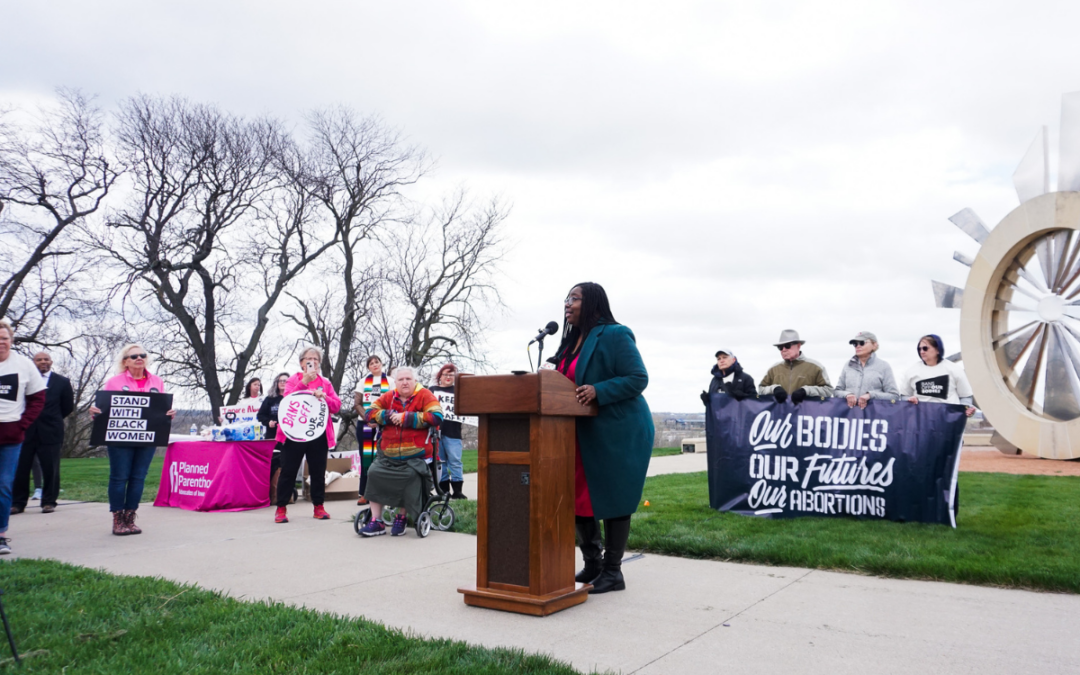
Abortion supporters rally before Iowa Supreme Court arguments
Abortion saved her life seven years ago and Leah Vanden Bosch is more grateful for it now than ever. Vanden Bosch, who serves as the development and...
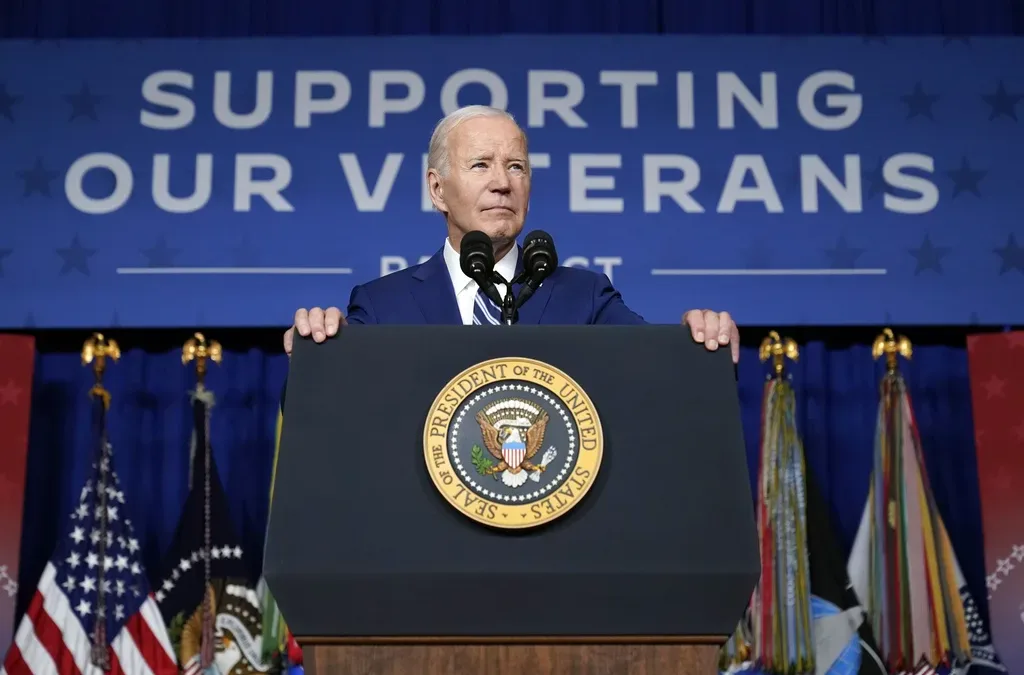
New VA program to help more than 40,000 veterans stay in their homes
The Department of Veterans Affairs (VA) will launch a “last resort” program for tens of thousands of American veterans who are in danger of losing...
Local News

No more Kum & Go? New owner Maverik of Utah retiring famous brand
Will Kum & Go have come and gone by next year? One new report claims that's the plan by the store's new owners. The Iowa-based convenience store...

Here’s a recap of the biggest headlines Iowa celebs made In 2023
For these famous Iowans, 2023 was a year of controversy, career highlights, and full-circle moments. Here’s how 2023 went for the following Iowans:...



